What Is Spray Foam Insulation Made Of?
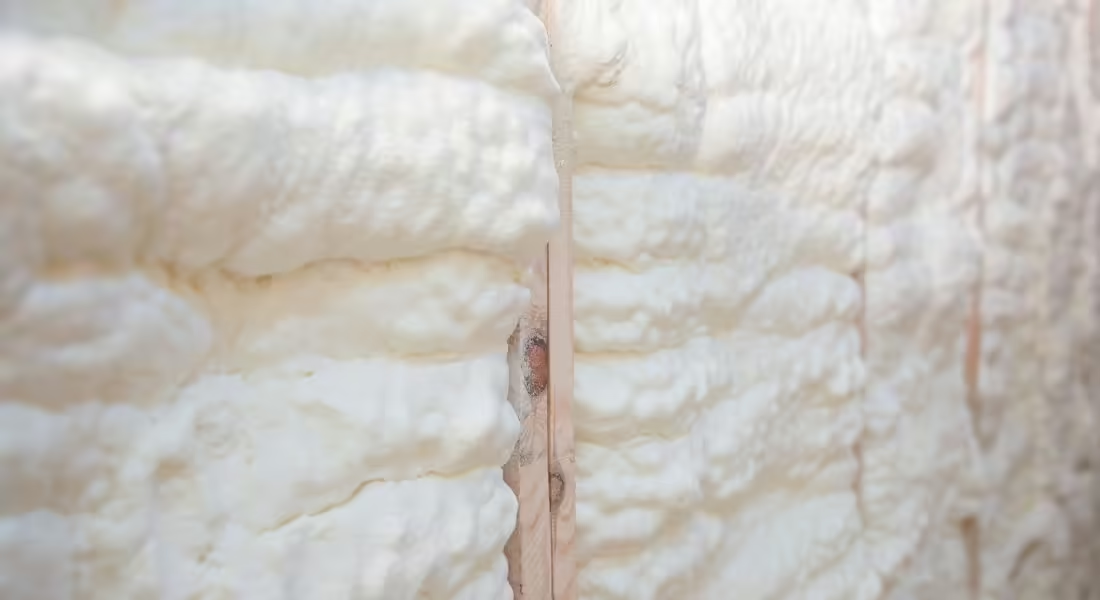
Home insulation comes in a wide variety of shapes, sizes, and materials. Each option has its own qualities and benefits, but how do you know if it’s perfect for your home? Learning more about the materials that make up your insulation choices will help you make the right decision for your next home improvement or building project. One popular choice to learn about is spray foam insulation. This material expands into all the corners, nooks, and crannies of a space, creating thorough protection for even the most irregularly shaped rooms. So, what is spray foam insulation made of, and how does it work? Discover the answers and decide if it’s right for your project with this rundown.
Polyurethane Spray Foam
Spray foam insulation results when two liquids—a polyol resin and some form of isocyanate—mix. These materials react as they combine, creating an expanding polyurethane foam. Polyurethane has a proven history of quality and success. This material has been an insulation staple since the 1970s. Even before that, the military used polyurethane in airplane construction. Polyurethane foam is stable and performs well against extreme temperatures, heavy winds, and other harsh elemental conditions. These qualities make it incredibly valuable as a form of home insulation.
Open-Cell Foam
Now that you know what spray foam insulation is made of, we can explore the two forms of polyurethane spray foam: open-cell and closed-cell foam. Open-cell foam is a lighter, more pliable material. It expands further than closed-cell foam, giving it excellent noise-dampening qualities. Open-cell foam also moves with your house, meaning it won’t crack or deteriorate as your home shifts and settles over time. This option is also more affordable, making it a popular choice for homeowners.
Closed-Cell Foam
Closed-cell polyurethane spray foam is denser and heavier than its open-cell counterpart. While closed-cell foam doesn’t expand as much as open-cell foam, its density offers a superior R-value per inch. The low expansion rate also makes closed-cell foam perfect for smaller structures, such as sheds or cargo vans.
Paragon Protection is a master of both open and closed-cell spray foams. No matter what kind of insulation you need in your home, we can help set you up for success in every season. Contact us today to find a reliable spray foam insulation contractor in Crystal Lake and the surrounding Chicagoland area.

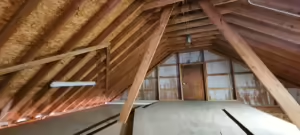
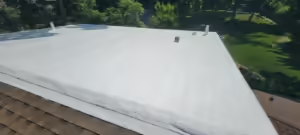
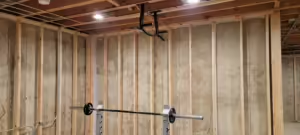
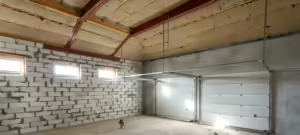

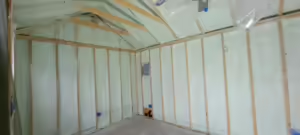
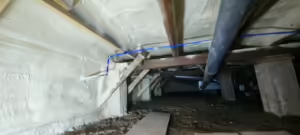
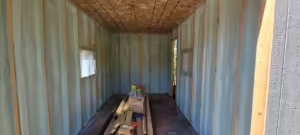
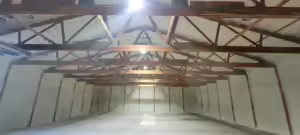
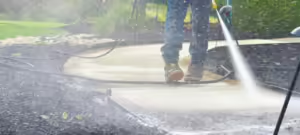
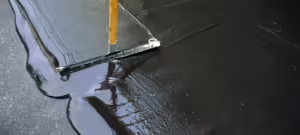
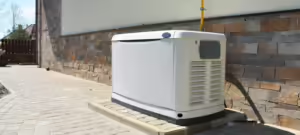
 Professional Insulation Services
Professional Insulation Services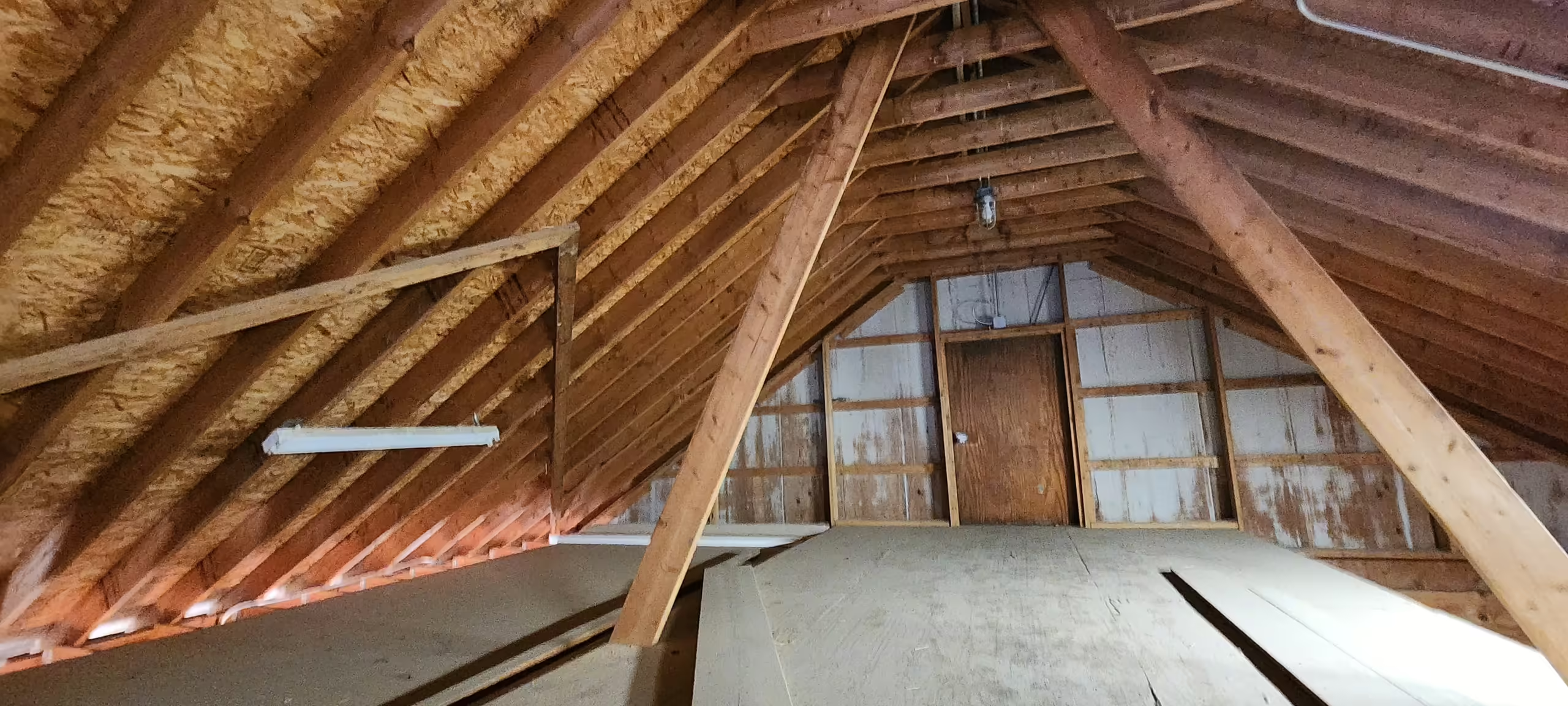 Attic Insulation Services
Attic Insulation Services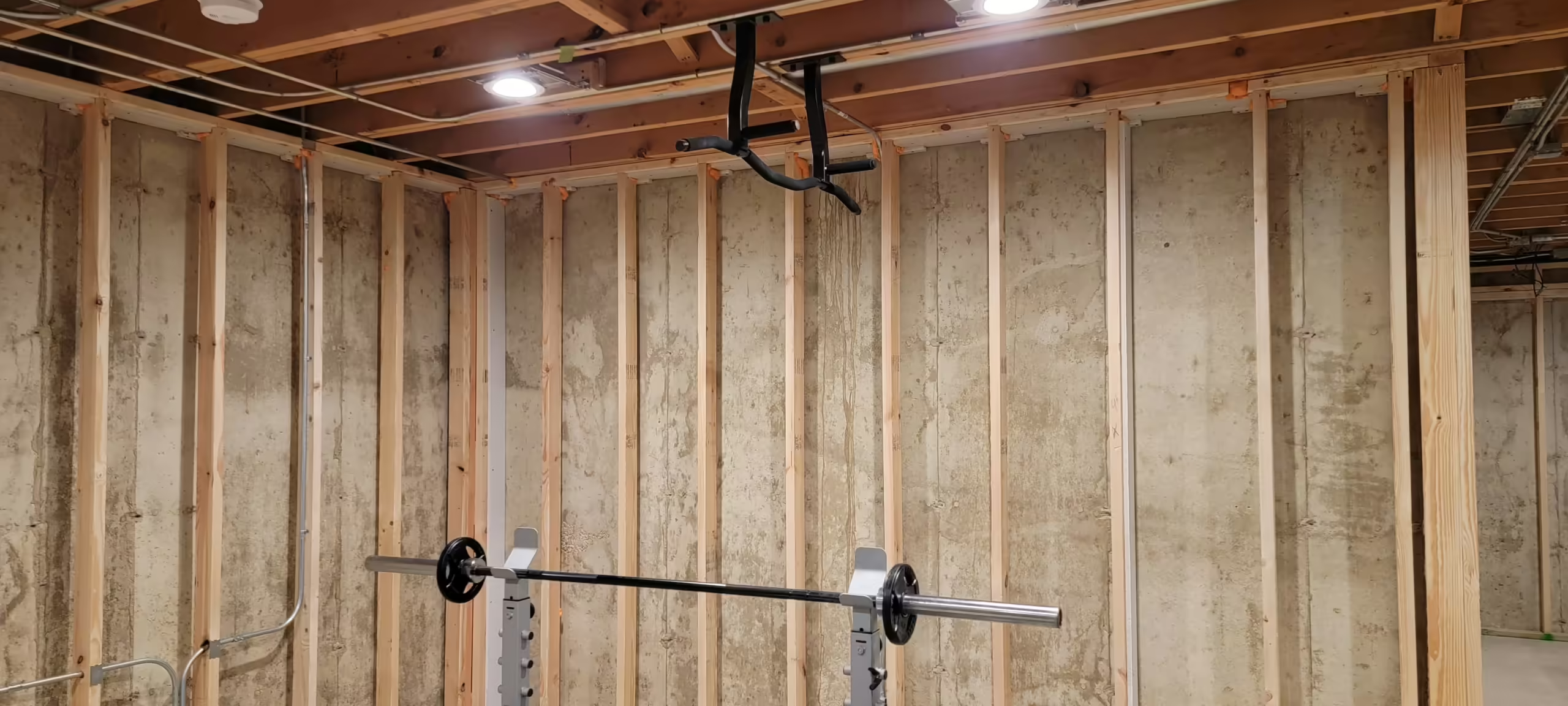 Basement Insulation
Basement Insulation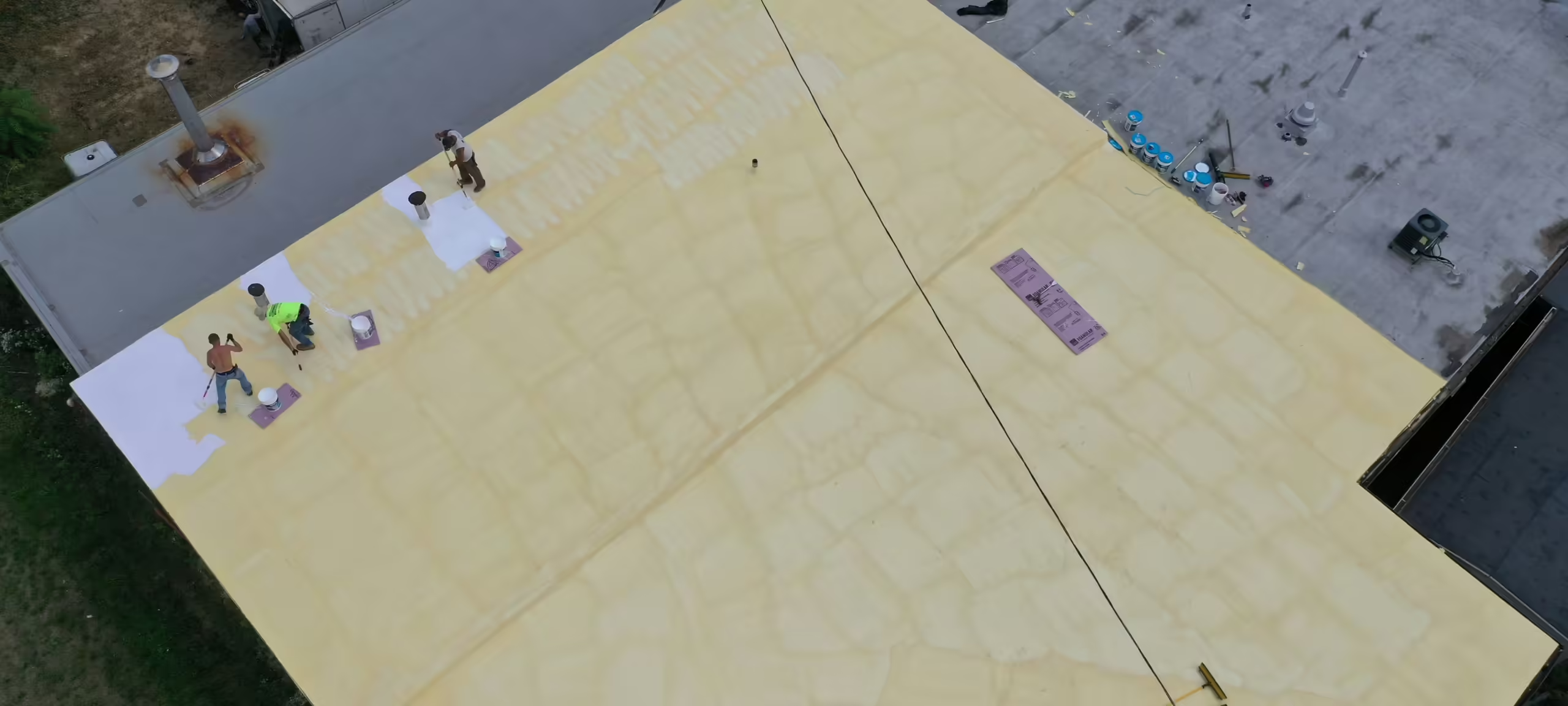 Commercial Insulation
Commercial Insulation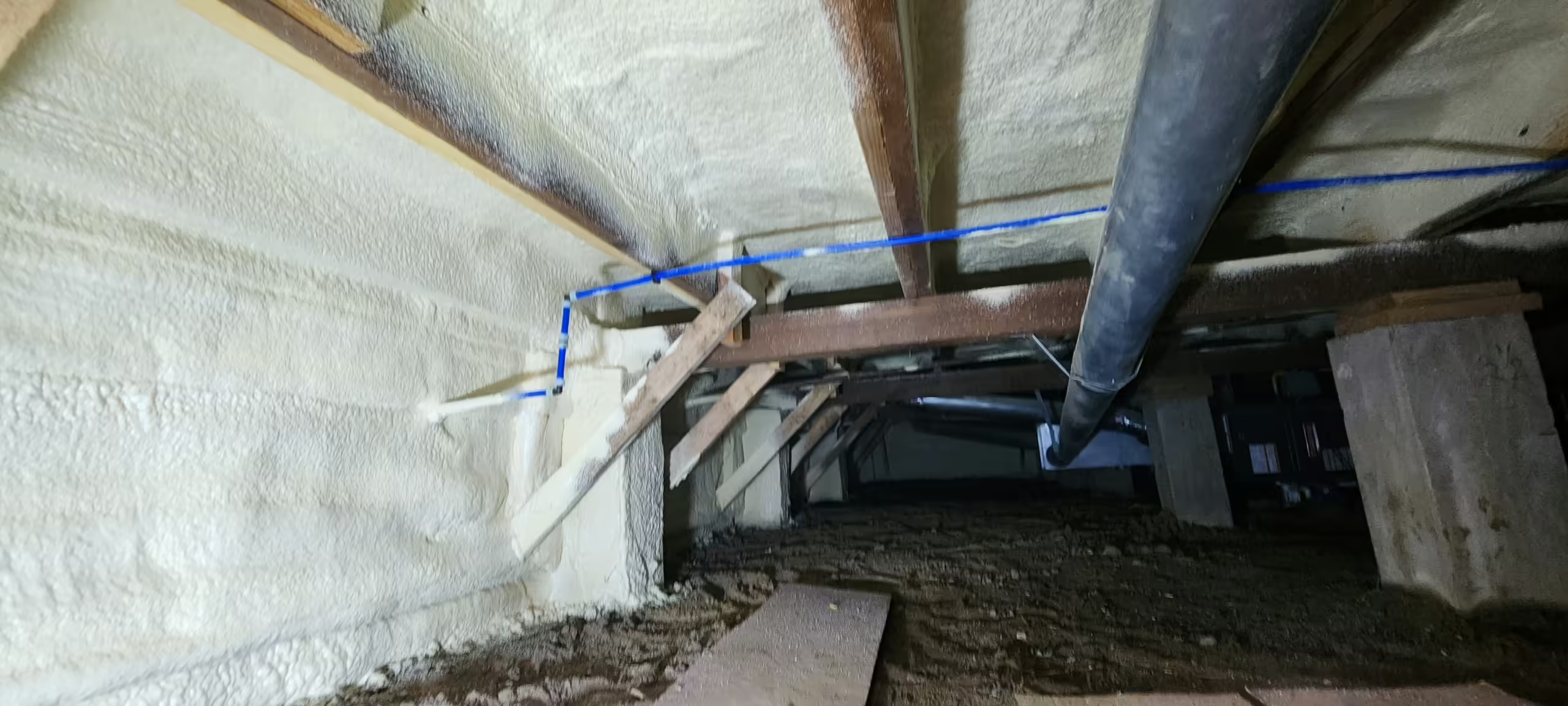 Crawl Space Insulation
Crawl Space Insulation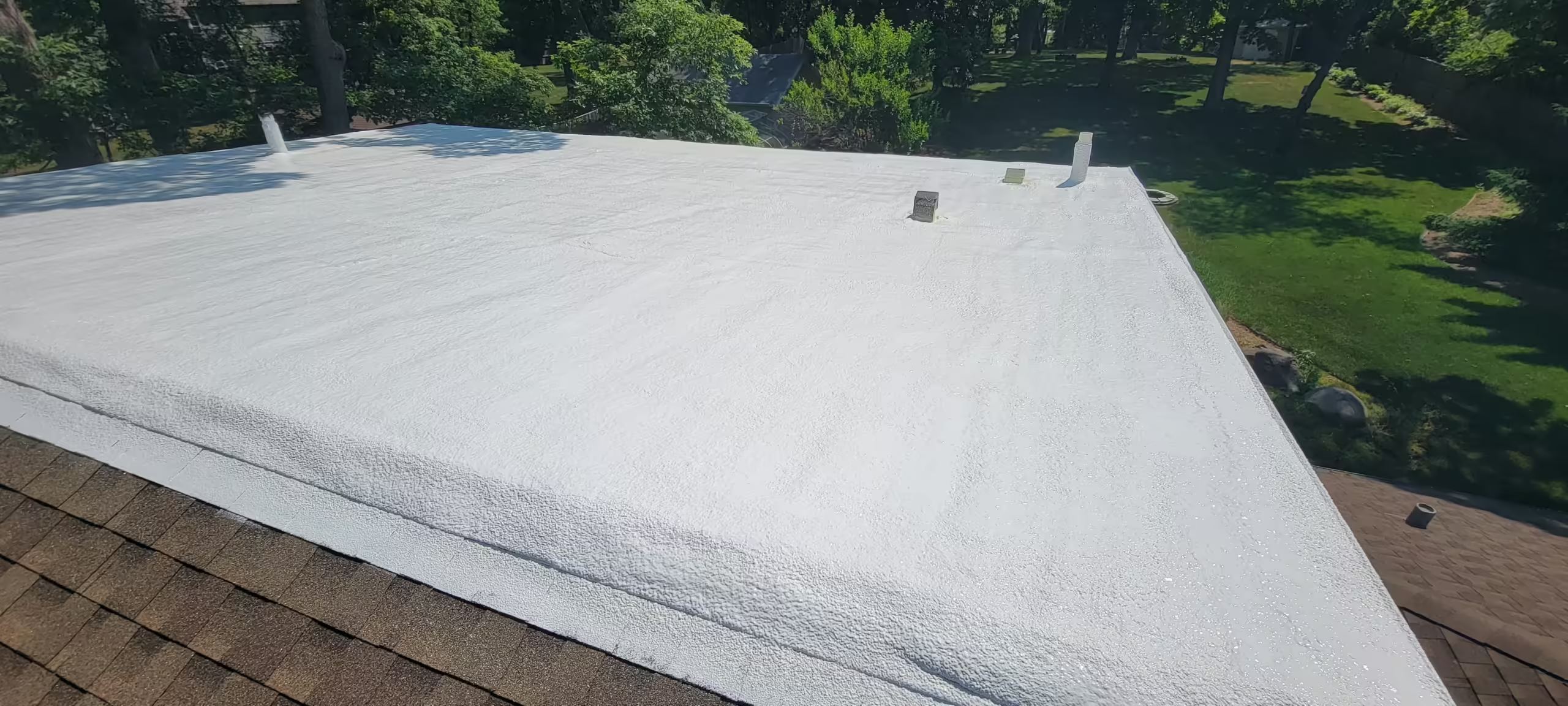 Exterior Wall Insulation
Exterior Wall Insulation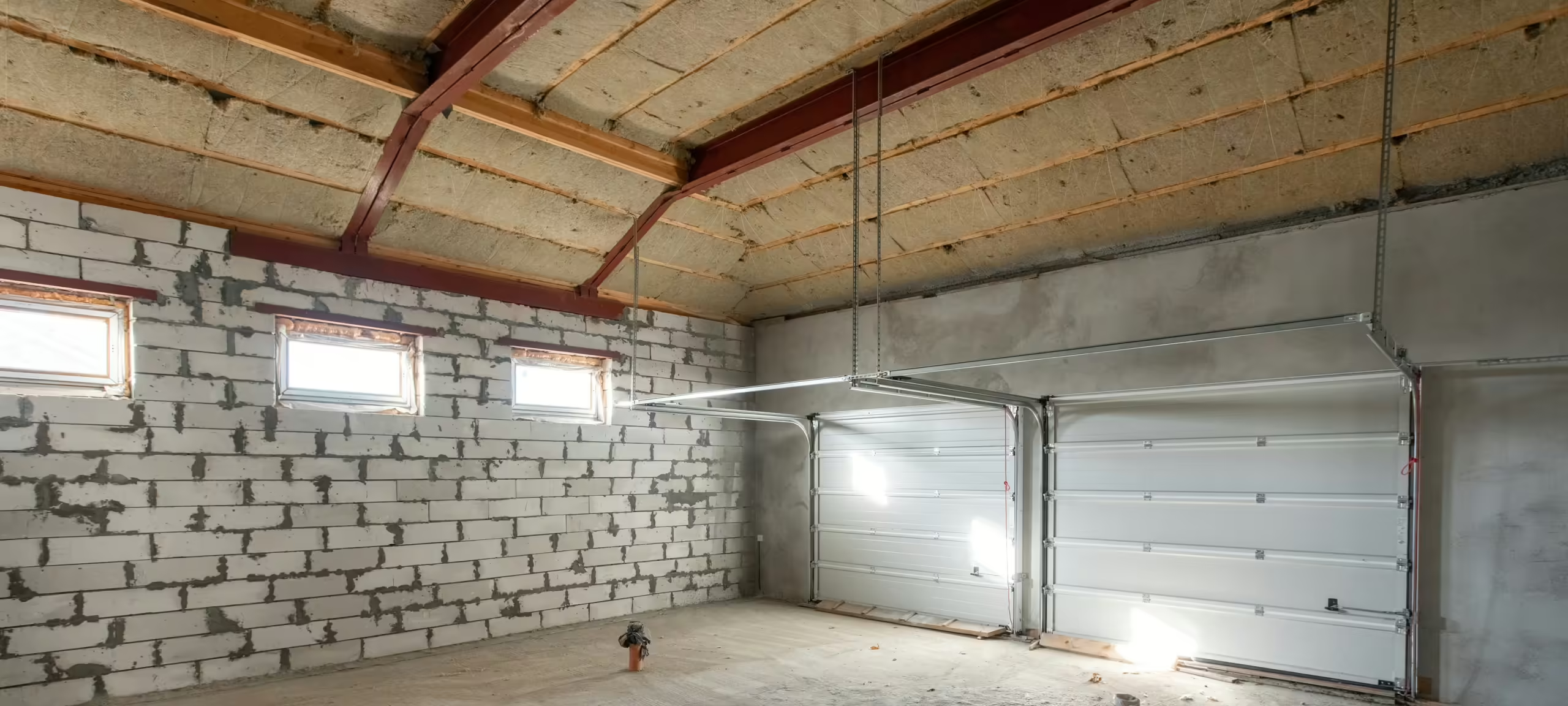 Garage Insulation
Garage Insulation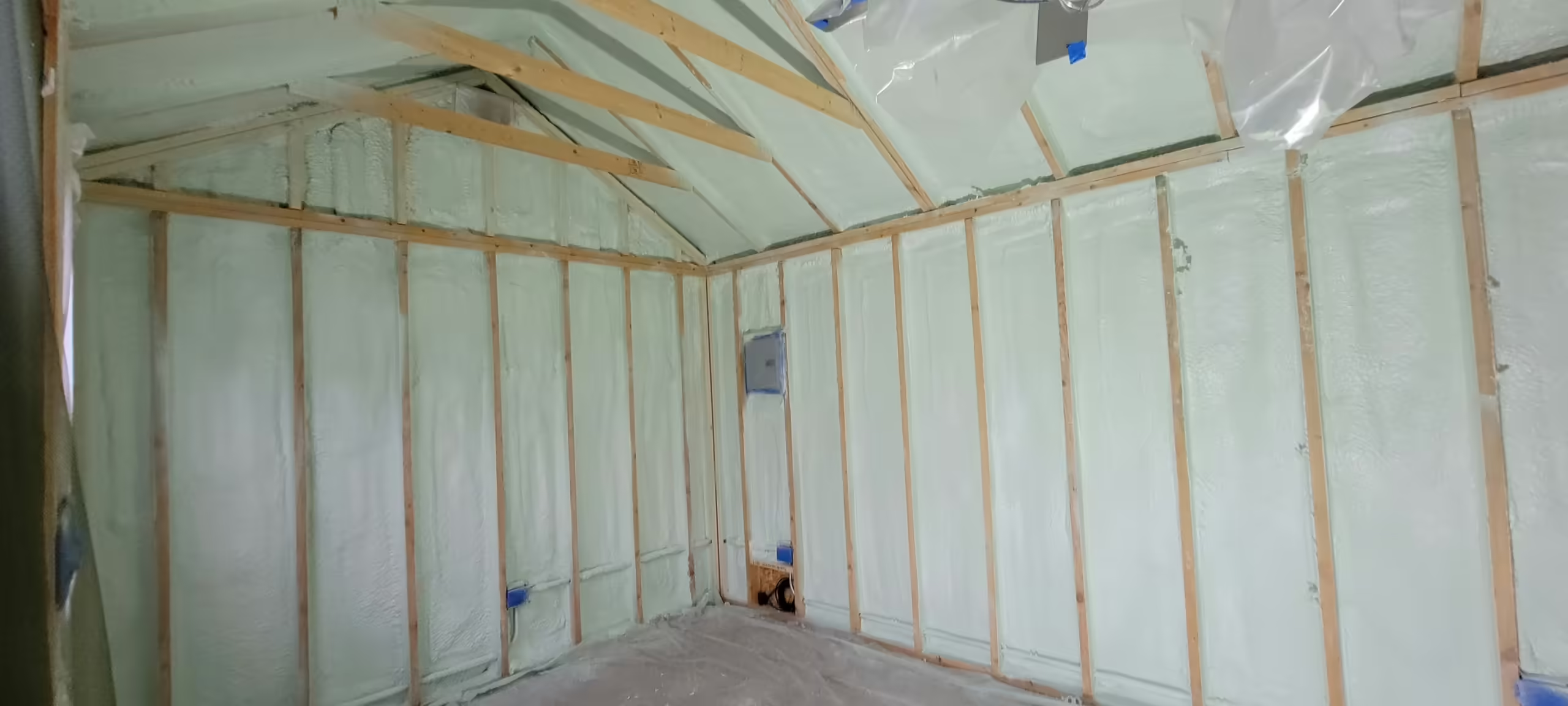 Interior Wall Insulation
Interior Wall Insulation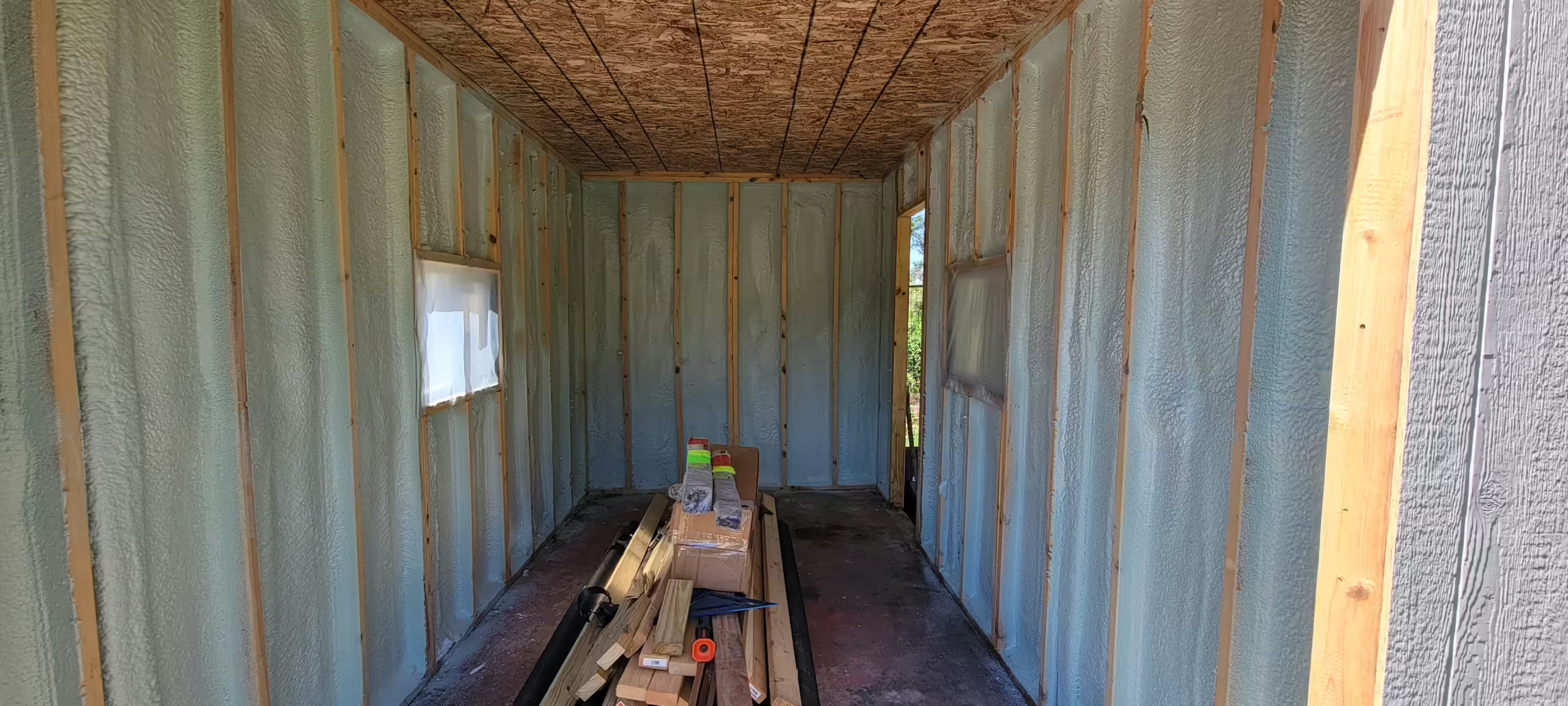 Shed Insulation
Shed Insulation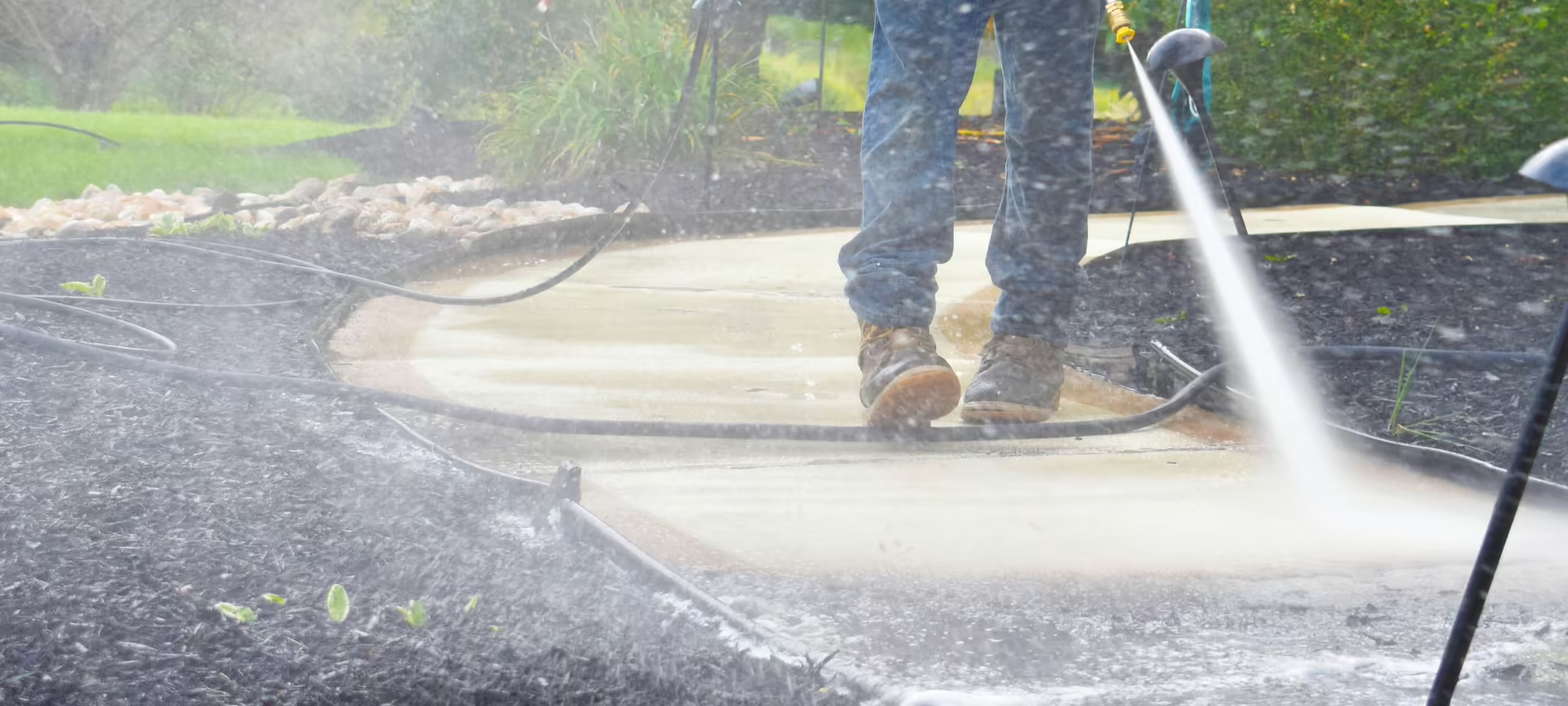 Power Washing
Power Washing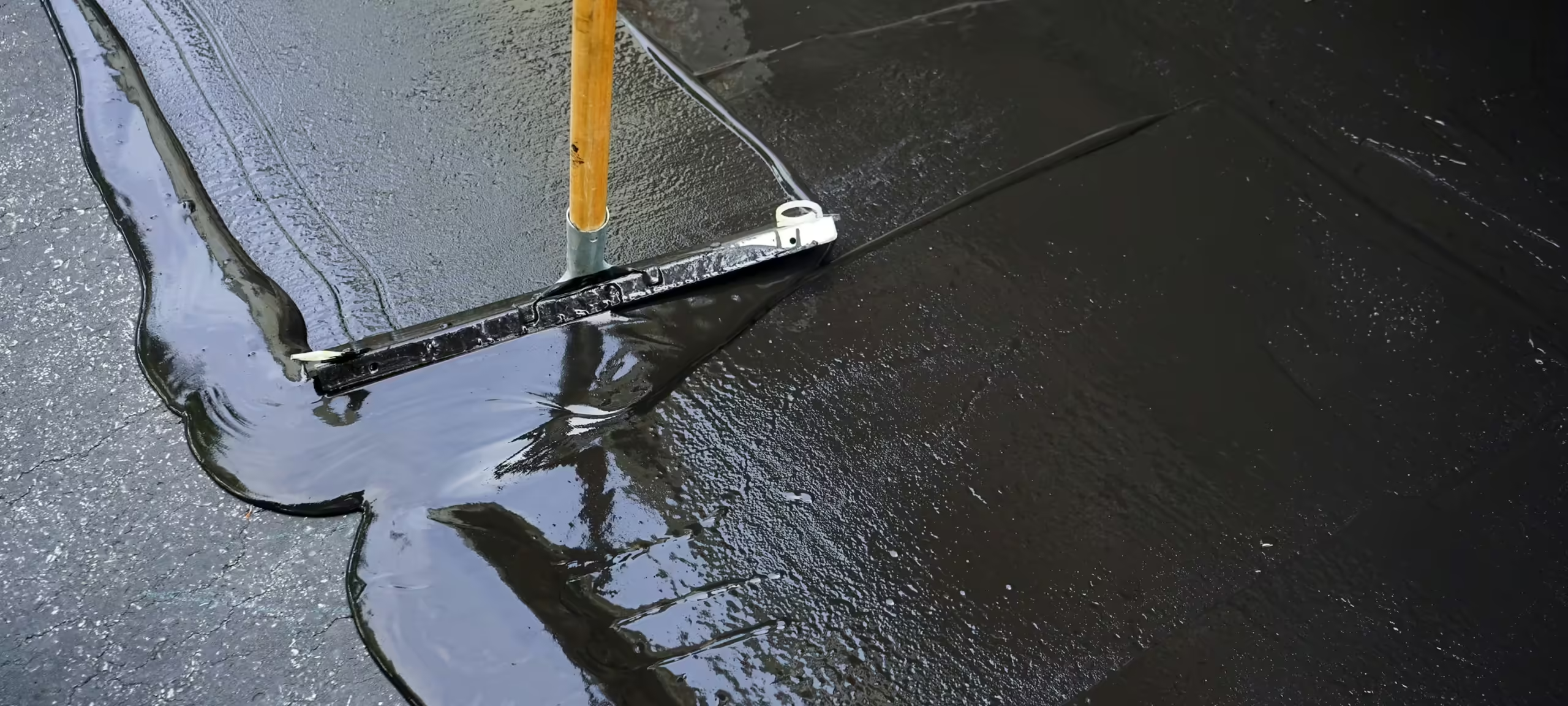 Sealcoating
Sealcoating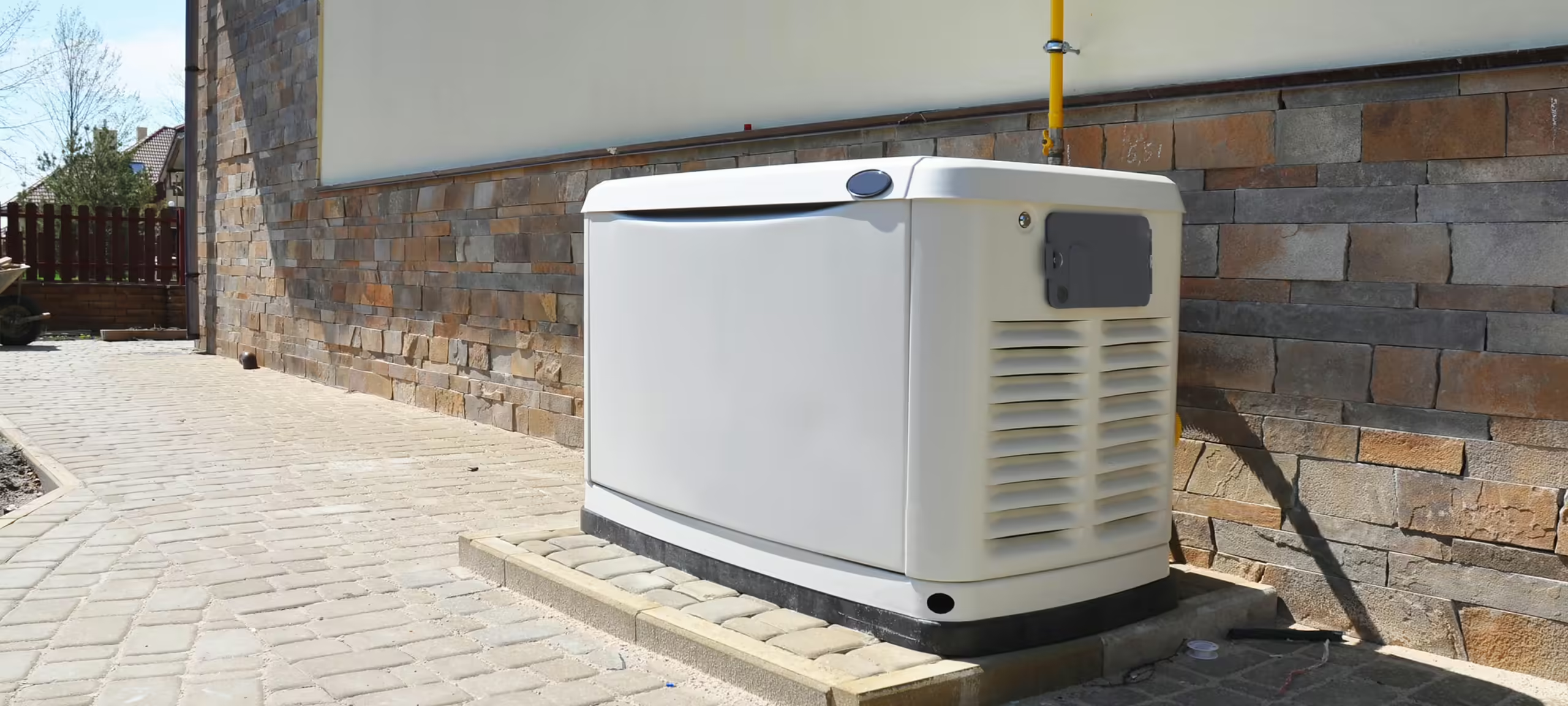 Backup Power Generators
Backup Power Generators Lake County Insulation
Lake County Insulation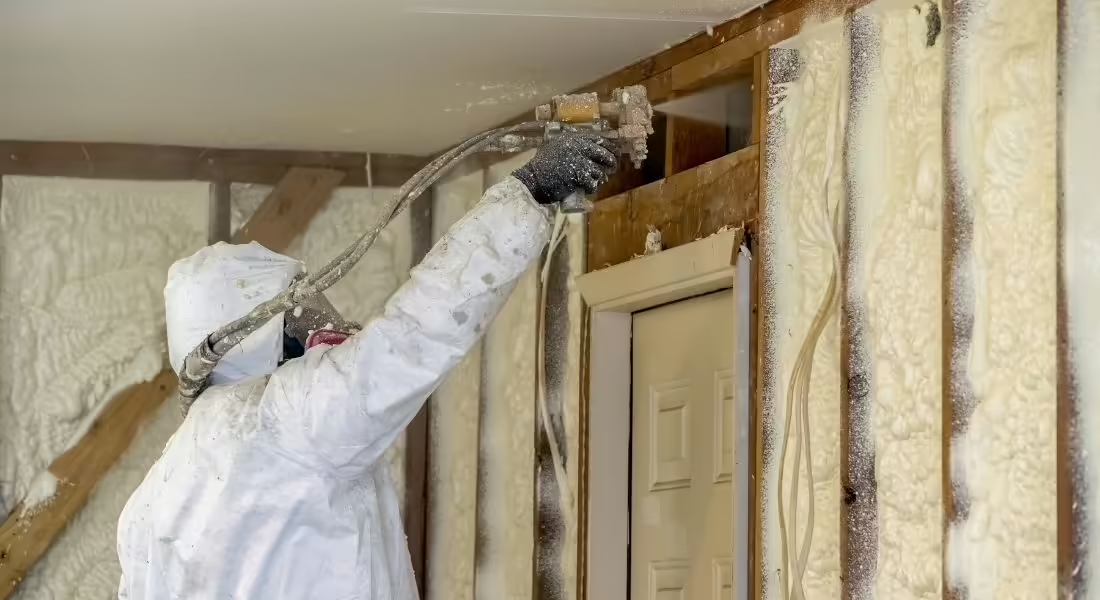 Spray Foam Insulation Guides
Spray Foam Insulation Guides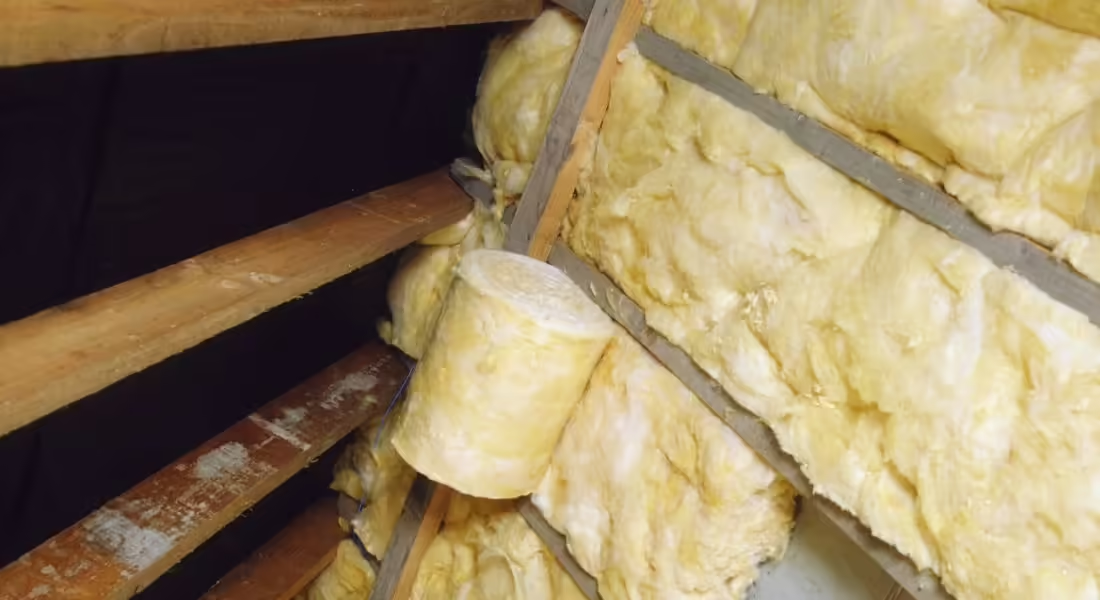 Insulation Guide
Insulation Guide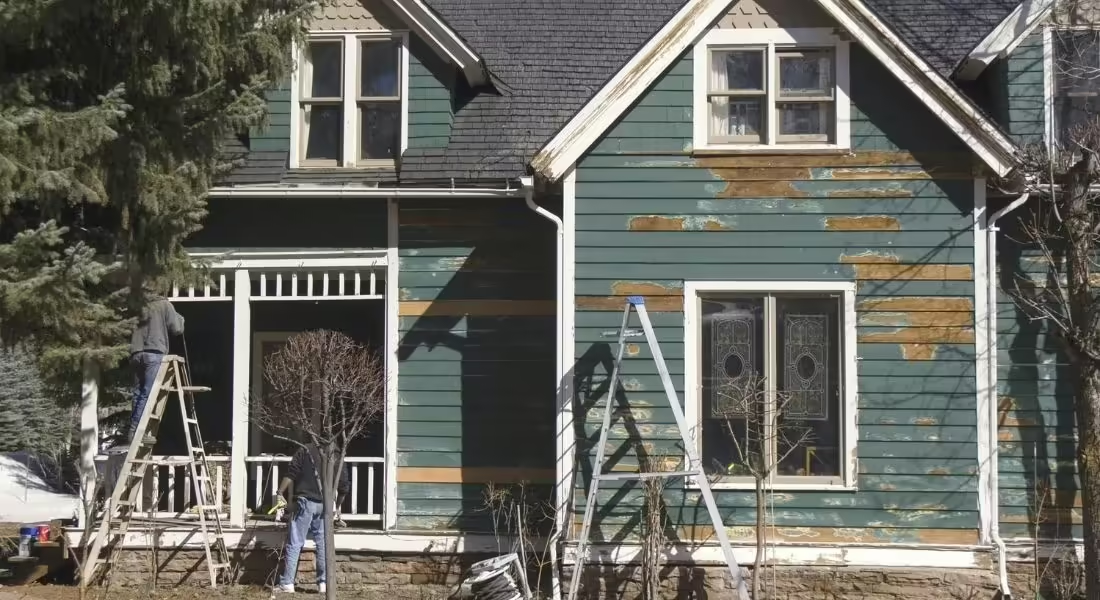 Home Improvement & Maintenance Guide
Home Improvement & Maintenance Guide